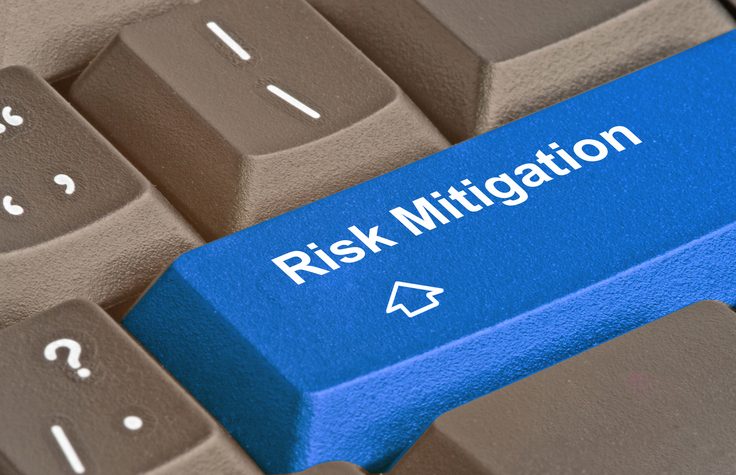Was your organization prepared for the coronavirus pandemic? If not, don’t worry; your organization was among the majority of employers that did not see this catastrophe coming.

During a time where business resilience and innovation is core to organizational survival, a new study commissioned by real-time information discovery platform, Dataminr, found that only 29% of firms feel confident that they have technologies to accurately obtain an early view of unexpected events.
The study, “Risk In a Real-Time World,” was conducted by Forrester Consulting, and features insights using survey data from 410 global risk and compliance decision-makers across the U.S., U.K., Australia, and New Zealand. Dataminr conducted the study to evaluate current risk management priorities and practices, and how real-time information is used in risk management and crisis response.
“At the onset of the COVID-19 pandemic, enterprises all over the world realized their blind spots within risk management and security that ultimately threatened the safety of their people, operations, brand reputation and bottom lines,” says Ted Bailey, Founder and CEO of Dataminr, in a press release announcing the study findings. “In an era where organizations and leaders are now defined by how they respond to impactful, disruptive and divisive events, being caught unaware or unprepared can cause lasting damage to a company.”
The study analyzes the new findings, and identifies inflexible tooling, lack of cross-functional collaboration, issues with confidence and company culture as stand-out challenges for global enterprises in their crisis preparedness response and planning. Two key challenges identified were siloed processes and inflexible technology stacks. In fact, nearly seven in 10 (68%) enterprise risk decision-makers find access to real-time information to be siloed.
Is Risk Management Being Treated as a Team Sport?
Over half (52%) of global risk and compliance decision-makers find cross-functional collaboration challenging, and 50% find process efficiency challenging when it comes to operationalizing real-time information.
Findings also suggest that real-time information is not reaching everyone who needs it when it comes to important response activities, such as informing crisis communications (31%), impacting response plans as events unfold (30%) and assessing impact (30%).
Further, the research found that only 33% of organizations included the corporate communications department and 43% the Human Resources/employee experience group in their crisis response team(s).
The Advantage of Informational Accuracy, Visibility, and Scalability
The research identifies the importance for businesses to have a holistic understanding of the meaning of “real-time information”; however, 75% of organizations were found to be using the term to describe data from today or older.
Only 16% believed “real-time information” to be data from the past few seconds or minutes. The study shows key distinctions between those with an accurate understanding of real-time information and those with an inaccurate understanding below, specifically:
- Accuracy: Those with an accurate understanding expect a competitive advantage from a real-time alerting solution (48% vs. 34% who misunderstand real-time information)
- Visibility: Fifty-eight percent of those with accurate understandings expect enhanced visibility as opposed to 44% with an inaccurate understanding of real-time information.
- Scalability: Those with an accurate understanding of real-time information outpace their counterparts when it comes to expecting scalability (57% to 42%, respectively).
The New Road to Business Resilience
A vast majority (82%) of enterprise risk professionals believe having visibility and insights around real-time information is more necessary today than ever before. In turn, 44% of enterprises plan to either implement or expand the implementation of a “real-time” alerting platform solution that helps risk professionals do their job. Specifically, nearly 8 in 10 (77%) risk decision-makers plan to leverage more risk management solutions.
“As risks grow in speed and complexity, it’s evident that enterprises are recognizing the need to proactively identify and mitigate risks as they unfold,” adds Jason Edelboim, President and COO of Dataminr. “Business resilience in 2021 means having a holistic view of your unique risk profile. A flexible risk framework, AI technology and real-time information all together offer an advantage for enterprise leaders who need to respond with speed and confidence.”
So, going back to the title of this article: Can HR tech help us prepare for the next pandemic or other workplace crisis? By utilizing real-time data tools consistently and working those tools into your preparedness plan, then yes, HR tech can help us prepare for the next “unexpected event.”
